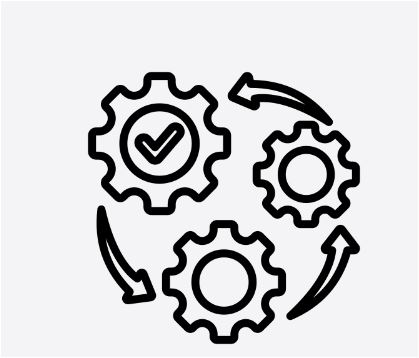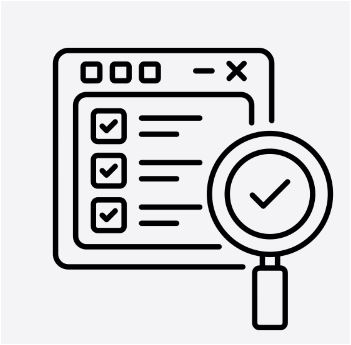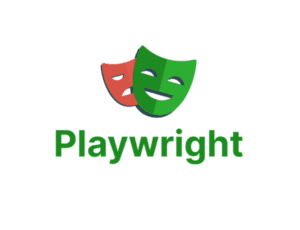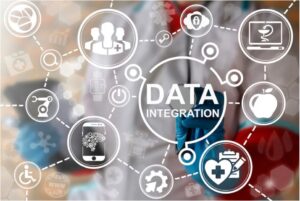Quality assurance (QA) is indispensable in the software development lifecycle (SDLC), ensuring software reliability and enhancing overall operational excellence. Effective QA practices streamline development processes, improve efficiency, and minimize costly disruptions. As discussed in a previous article, QA testing is crucial for excellent software that stands out in the market.
However, choosing the right QA partner is equally important. The ideal partner brings more than just technical expertise—they contribute to operational excellence by aligning with your project’s specific needs and goals. A skilled QA team integrates smoothly into your development process, identifying potential issues early and facilitating efficient testing workflows. This collaboration optimizes operational performance, reduces time-to-market, and enhances overall project success, ensuring that your software delivers exceptional quality and operational efficiency.
With over 20 years of excellence, Insight Consultants is a leader in delivering operationally outstanding testing services tailored to industries worldwide. Our approach emphasizes precision and efficiency, ensuring your software meets and surpasses industry standards. We meticulously craft solutions to address the unique needs of our clients, optimizing processes and enhancing operational performance. Our commitment to operational excellence means you benefit from streamlined workflows, reduced time-to-market, and consistent, high-quality outcomes.
Let’s explore how our expertise in operational excellence can transform your testing processes and drive exceptional results for your software.
Insight QA Testing Process
At Insight Consultants, we apply a comprehensive and adaptable QA testing process to ensure that we thoroughly evaluate every aspect of your software.
| Stage | Description |
| Requirement Analysis | Understanding the Scope: Collaborate with stakeholders to gather and analyze project requirements, ensuring a complete understanding of functionality, performance, security, and usability expectations. Defining the Testing Scope: Define the testing scope based on requirements, identify critical areas, and outline QA objectives. |
| Test Planning | Strategy Development: Create a comprehensive test plan outlining the testing strategy, including types of testing (functional, performance, security), tools, and schedule. Resource Allocation: Determine necessary resources, including team members, tools, and environments, to ensure smooth execution. |
| Test Design | Creating Test Cases: Design detailed test cases and scripts based on requirements, covering critical paths, user scenarios, and edge cases. Test Data Preparation: Prepare test data that reflects real-world usage scenarios for the effective execution of test cases. |
| Test Environment Setup | Environment Configuration: Set up and configure the test environment to closely mirror production, including application installation, database setup, and network configuration. Test Automation Integration: Integrate automated testing scripts into the environment for projects involving automation. |
| Test Execution | Manual and Automated Testing: Execute test cases using manual and automated techniques, performing functional testing to verify software functionality and non-functional testing to assess performance, security, and usability. Defect Logging: Log defects in a management system, categorize them by severity, and assign them for resolution. Regression Testing: Perform regression testing post-fix to ensure no new issues have been introduced. |
| Test Reporting | Comprehensive Reports: Generate detailed reports documenting test cases executed, results, defects, and status, providing stakeholders with clear insights into software quality. Continuous Communication: Maintain open communication with the development team and stakeholders, providing regular updates on progress, challenges, and next steps. |
| Test Closure | Final Evaluation: Conduct a final evaluation to ensure all critical defects are resolved, and the software meets the quality standards defined in the test plan. Client Demo: Show a demo to the client and get the feedback directly. Get approval to release the changes. End User Training: Prepare documents to train the end users to use the application. It can also be used for future reference. Post-Release Support: Support after the release, including production monitoring, post-release regression testing, and addressing any issues. |
Specialized QA Techniques We Provide

Automated Testing: We incorporate testing early in the development cycle, creating modular test cases. We use continuous integration to ensure dependable and scalable testing results.


Performance Testing: To optimize performance across diverse conditions, we employ realistic load simulations (testing with user loads that mimic actual usage patterns), comprehensive resource monitoring (tracking system resources like CPU and memory during testing), and incremental load increases (gradually increasing the load to assess performance under varying conditions).


Security Testing: We protect your software through thorough threat modeling (identifying potential security risks and vulnerabilities), regular security audits (systematic evaluations of your software’s security measures), and automated vulnerability scanning (using tools to detect and report potential security weaknesses).


Usability Testing: We conduct rigorous security testing to identify vulnerabilities and strengthen your systems against cyber threats. Our process includes comprehensive threat modeling to uncover potential risks, regular security audits to evaluate your system’s defenses, and automated vulnerability scanning to detect and address weaknesses. This thorough approach ensures your systems are well-protected and resilient against evolving threats.
Our Expertise Showcase
Our QA testing process is based on industry-leading tools, rigorous methodologies, and a highly skilled team. Here’s what sets us apart:
- Our Technology Stack: To ensure effective QA testing, we use various tools, including Azure DevOps, Playwright, Apache JMeter, and more.
- Robust Testing Frameworks: We design our testing frameworks to be flexible and strong, adapting seamlessly to meet your project’s unique needs.
- Certified Professionals: Our team is certified in ISTQB Mobile Application Testing, Lambda, ISTQB Performance Testing (CT-PT), and ISTQB Certified Tester Foundation Level (CTFL).
With our proven methodologies, advanced tools, and skilled team, Insight Consultants equip ourselves to be your best QA ally. We ensure that your software not only meets industry standards but exceeds them. We commit to helping you deliver a flawless product that stands out in the market.
Contact our QA & testing services to identify issues before they become problems.







